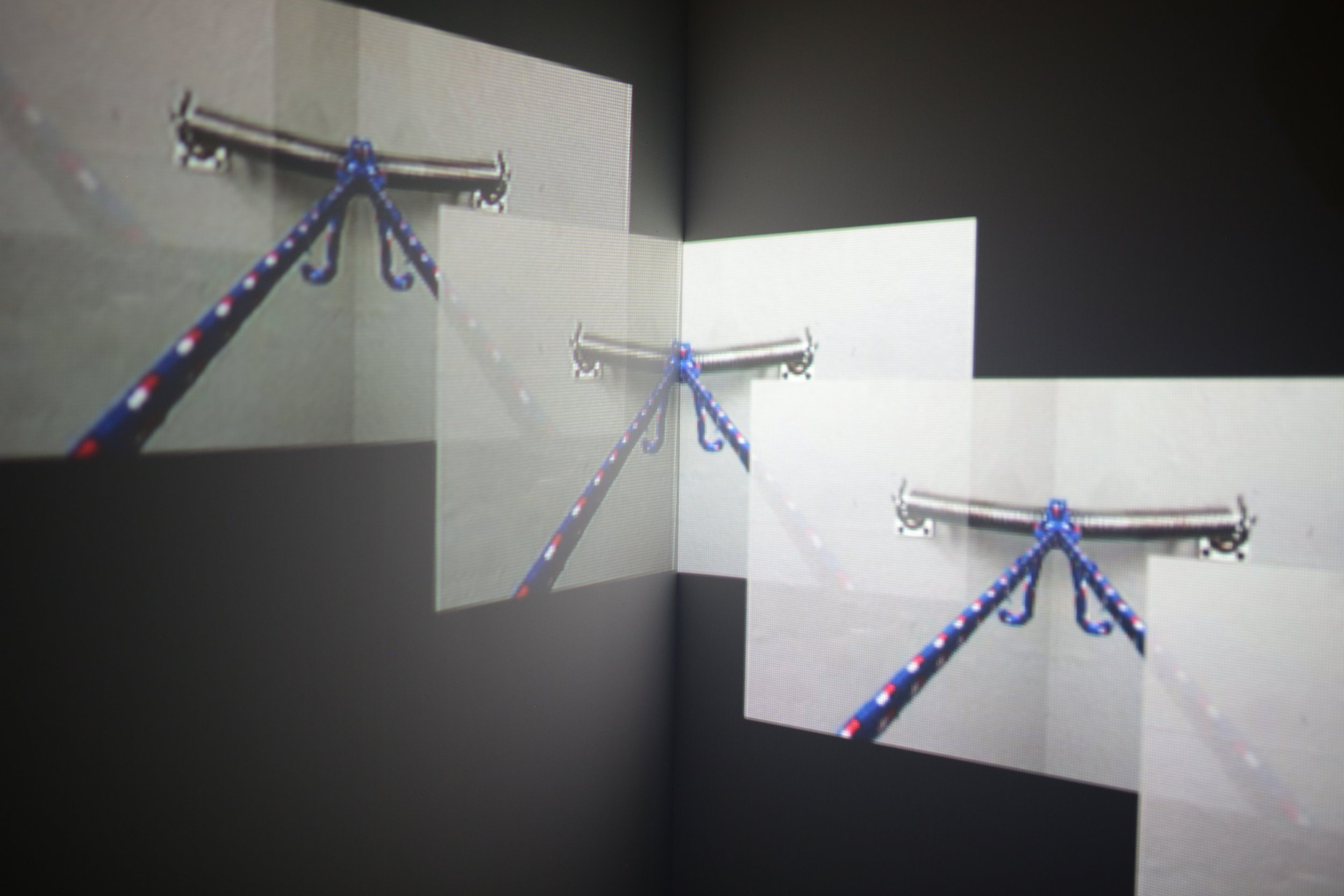
“Pull Your Wait” is body of work that I began in fall of 2020. It came out of the past year’s inquiry to know how ‘work’ is defined in physics? The answer I found: work is defined as force multiplied by distance (f x d). I was and still am fascinated conceptually by this equation being a defined set of parameters of what can be labeled as work and what cannot. It seems so far-fetched from how we use the term work on a day to day basis. As work is more commonly equated with paid labor, in our language we have many uses for the word that blur that perception. (Hard work, handiwork, artwork, teamwork, workplace, workout, homework, schoolwork, yardwork, hardly working) Yet I want to argue that our use of ‘work’ in such daily words and phrases still maintains an underlying tone of productivity — a goal to generate or bring forth goods or services. If the term ‘work’ is predominantly being likened to paid labor and that labor is to produce something for the system of production (capitalism) that it is under; then, any word in relation to work will inevitably carry the weight of assumed productivity. So then, what would a pause in productivity look like? Is such a space possible? In my own interpretation this space felt like one of tension. In the Pull Your Wait series I sometimes seek to amplify this tension through multiple screens, which reference days, months, or even years, an “x” amount of time. Or to focus on a single screen, thinking more of internal tensions we face. How long have we been weighed down by productivity and how, if, or when can we stop and wait?